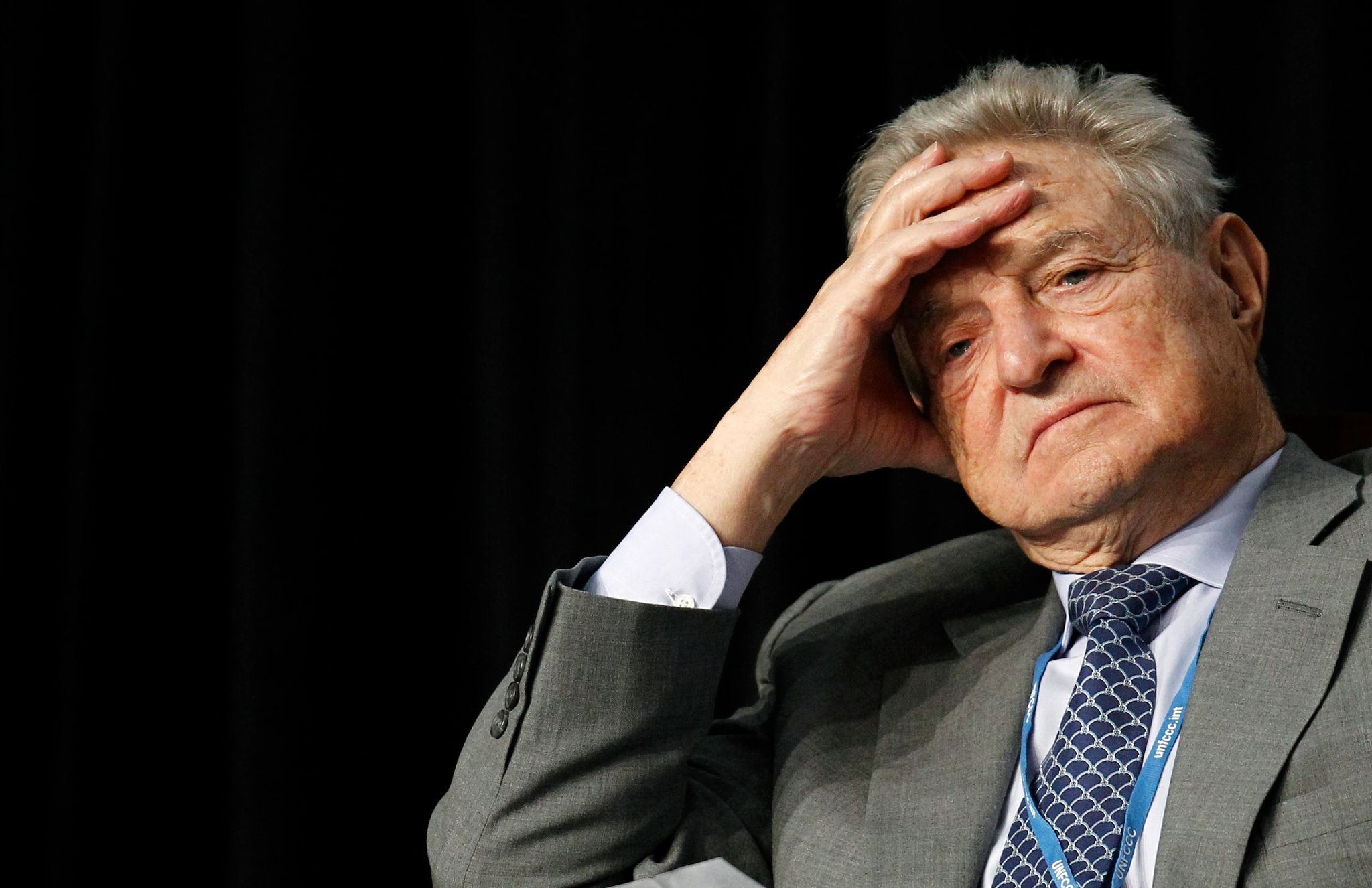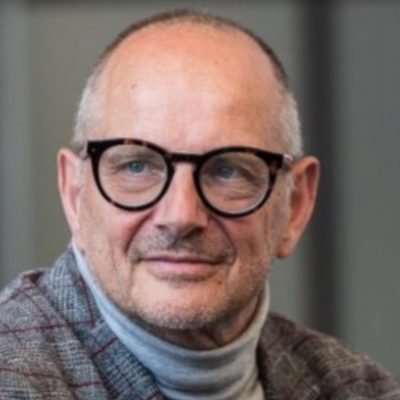
There are the laws of nature. There is gravity. There is death.
And then there is George Soros.
Soros is not just a man. He’s a phenomenon. A walking worldview. A kind of omniscient grandfather who moves bonds with one hand and rewrites the morality of continents with the other. To some, he’s a philanthropist. To others, he’s the end boss of globalism, disguised as a human rights activist with an investment portfolio.
By Max von Kreyfelt
He’s 93, practically immortal, and always shows up in crises where money and ideology converge just a little too perfectly. Syria? Ukraine? Brussels? Minneapolis? The answer is often the same: “That must be Soros again.”
And strangely enough, it often is.
His Open Society Foundations are like a bottomless ATM for anyone preaching the gospel of a borderless world. Whether you’re a climate activist with a cardboard sign or a five-story NGO in Geneva, there’s usually a pot of Soros money nearby. All, of course, in the name of the greater good: more inclusion, less tradition. More mobility, less identity. More rights, less society.
The narrative is straightforward: if you still believe in borders, culture, or biological differences, you’re a threat to the open society. And wouldn’t you know it: Soros is the high priest of that open society, provided he holds the keys to the gate.
He is the invisible hand behind everything that starts with high ideals and ends in bureaucratic catastrophe. Mass migration as a human rights fetish. Climate policy as a revenue model for multinationals. Judges as ideological sponsors of social re-education. Media are manicured megaphones with tax-exempt status. All in the Soros style: morally righteous, financially engineered, and democratically unaccountable.
And then there are the elections. Be it Hungary, the U.S., Ukraine, or Amsterdam-West—you can set your watch by it: when an outcome is inconvenient, a Soros-funded “citizen initiative” appears. He supports the opposition, but sometimes the coalition too. He funds the judges and the activists who protest them. He’s not on one side of the chessboard—he owns the board and runs the tournament.
Is Soros all-powerful? Not at all. He has more influence than the Pope, more money than some countries, and more NGOS than a typical UN summit venue. But power? No, no. He merely “supports processes.”
And anyone who says otherwise is instantly labelled an anti-Semite, extremist, or geopolitical lunatic. Because that’s part of the game: George is untouchable. Not because he’s divine, but because he is the system. A system that protects itself by morally disarming all critique.
George Soros is no longer a man. He’s a model. A self-perpetuating mechanism of capital, influence, and ideology: operating without oversight, without brakes, and shame.
And that, dear reader, is the real danger.






